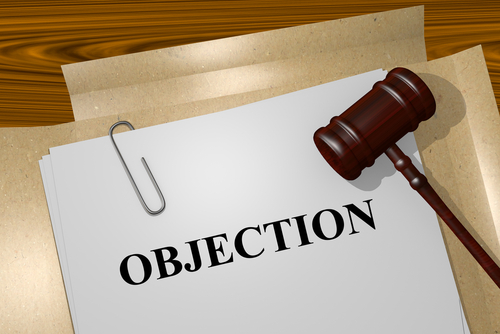Judge sanctions New York City after lawyer makes 600 objections in one deposition

Shutterstock
A federal magistrate judge has sanctioned New York City because one of its lawyers made a “plethora” of objections during a deposition.
According to a count by the opposing counsel, Amatullah Booth made more than 600 objections, and they occurred so frequently during the eight-hour deposition that they appeared on 83 percent of the nearly 400 pages of the deposition transcript.
U.S. Magistrate Judge Cheryl Pollak of Brooklyn ordered the city to pay the deposition costs as a result of the lawyer’s conduct, report the New York Law Journal (sub. req.), the New York Daily News and the New York Post.
The frequent objections lengthened the deposition, prevented questions from being answered, and may have influenced the answers of the witness, Pollak said.
“The witness comes to the deposition to testify,” Pollak wrote, “not to indulge in a parody of Charlie McCarthy, with lawyers coaching or bending the witness’s words to mold a legally convenient record.”
Booth, an assistant corporation counsel, made the objections last September during the deposition of a New York City police officer accused of participating in a wrongful arrest. She instructed the officer not to answer questions at least 20 times and also threatened to walk out of the deposition on several occasions, Pollak said.
At one point during the deposition, the parties called the judge’s chambers to seek guidance on the objections. The judge was unable to take the call, but her law clerk said objections should be “short and concise” and only address the form of the question. Still, Booth frequently stated grounds for her objections, apparently affecting the response of the officer, Pollak said.
The lawyers later contacted the judge, who said Booth should have the court reporter mark questions to which she had objections, rather than instruct the witness not to answer. But Booth still instructed the witness not to answer, according to Pollak.
Sometimes Booth claimed the question had been asked and answered, even when the question had not been answered, Pollak said. Sometimes, she instructed the witness not to answer questions that were relevant to the case, citing grounds of relevance and harassment.
Pollak gives some examples of Booth’s objections:
Opposing counsel: “Did you see yourself on the video?”
Witness: “Yes.”
Opposing counsel: “What were you doing?
Booth: “Objection. Vague.”
Witness: “What—where?”
Another example:
Booth: “Objection. Asked and answered.”
Opposing counsel: “Asked and answered is not an appropriate objection.”
Booth: “Harassment.”
Opposing counsel: “None of those are.”
Booth: “It is harassment.”
Nick Paolucci, a spokesman for the city law department, told the publications, “We take quite seriously any finding that calls into question whether one of our lawyers engaged in sanctionable conduct. We will review the decision and respond accordingly.”



